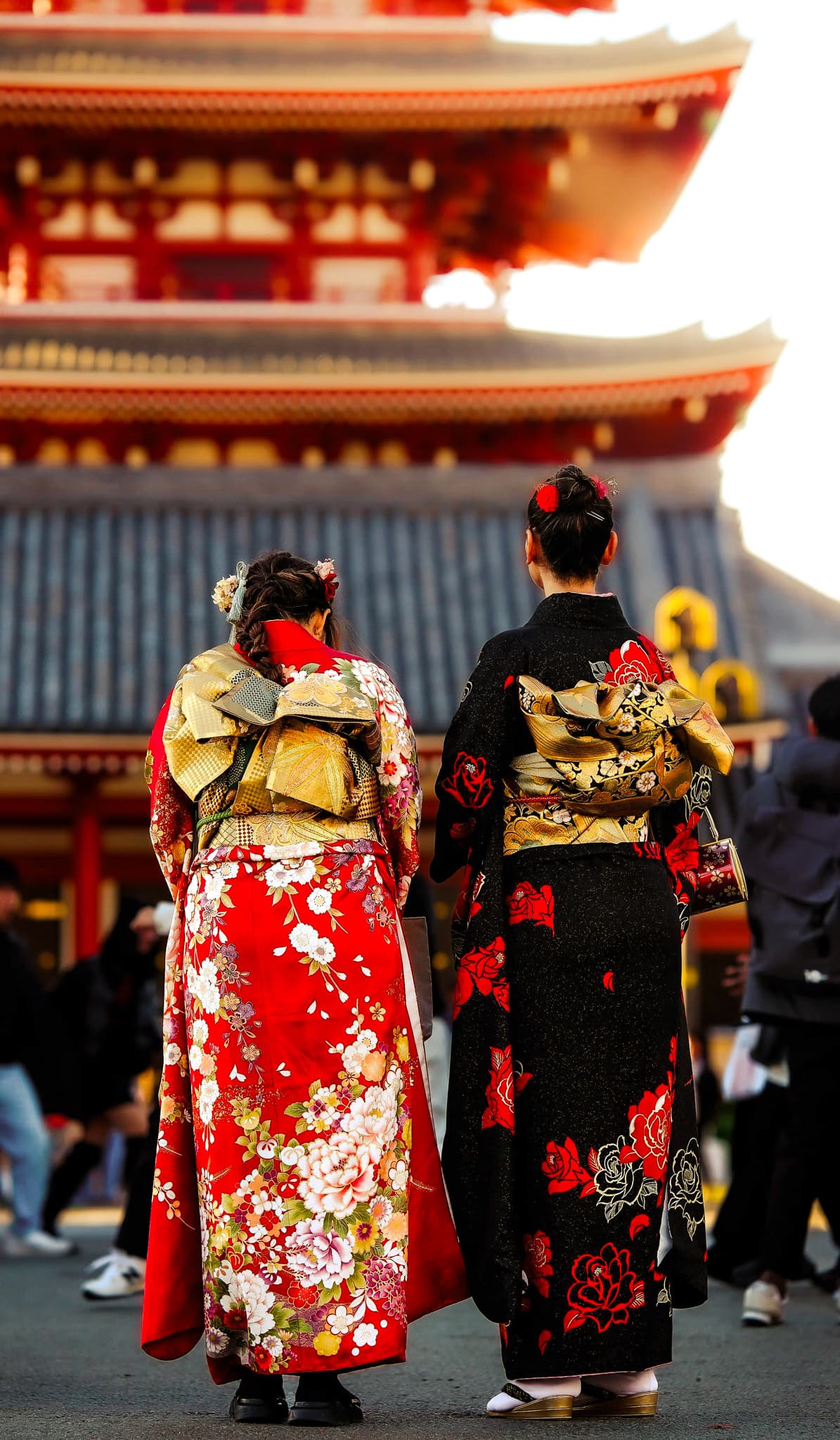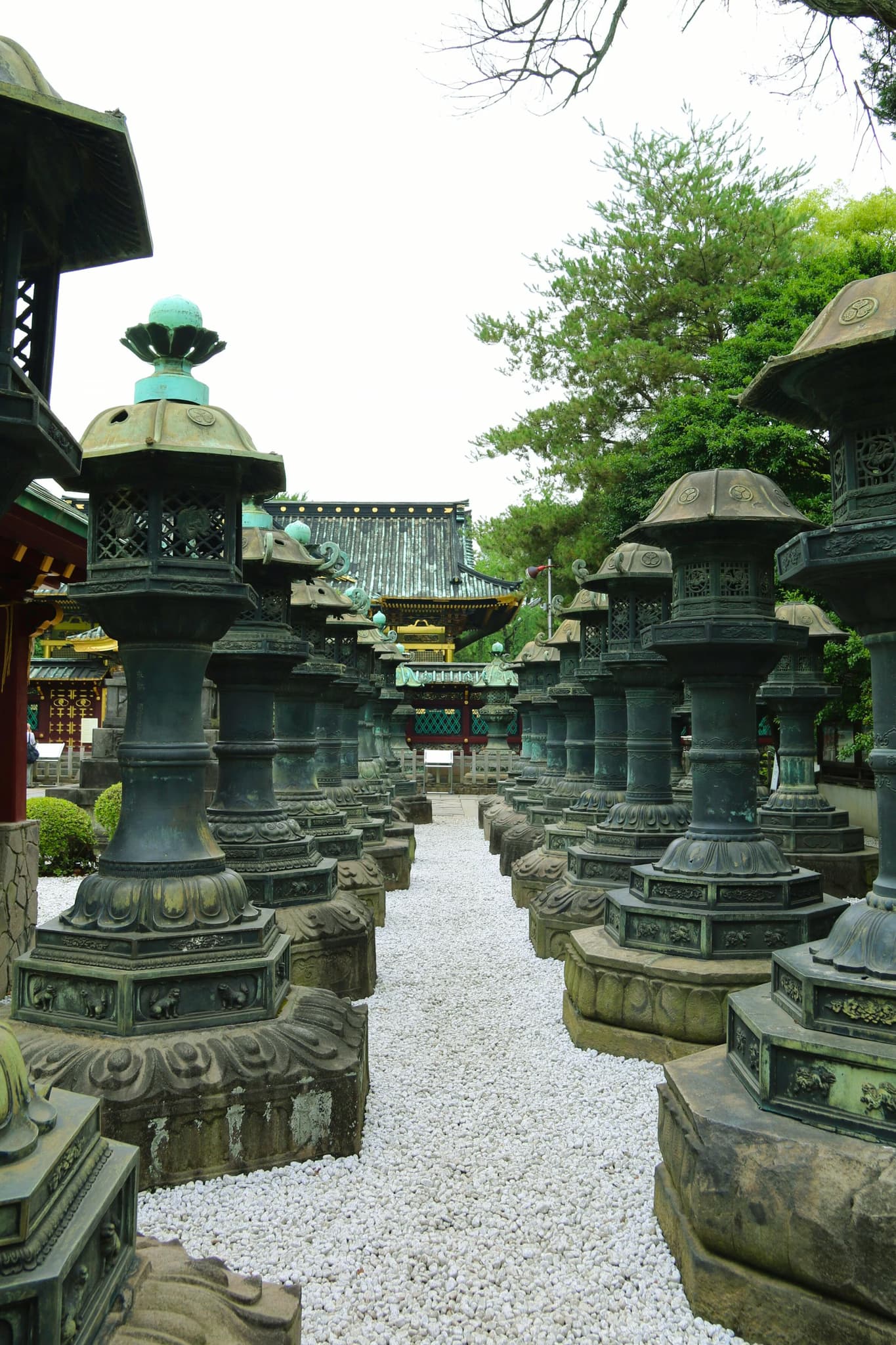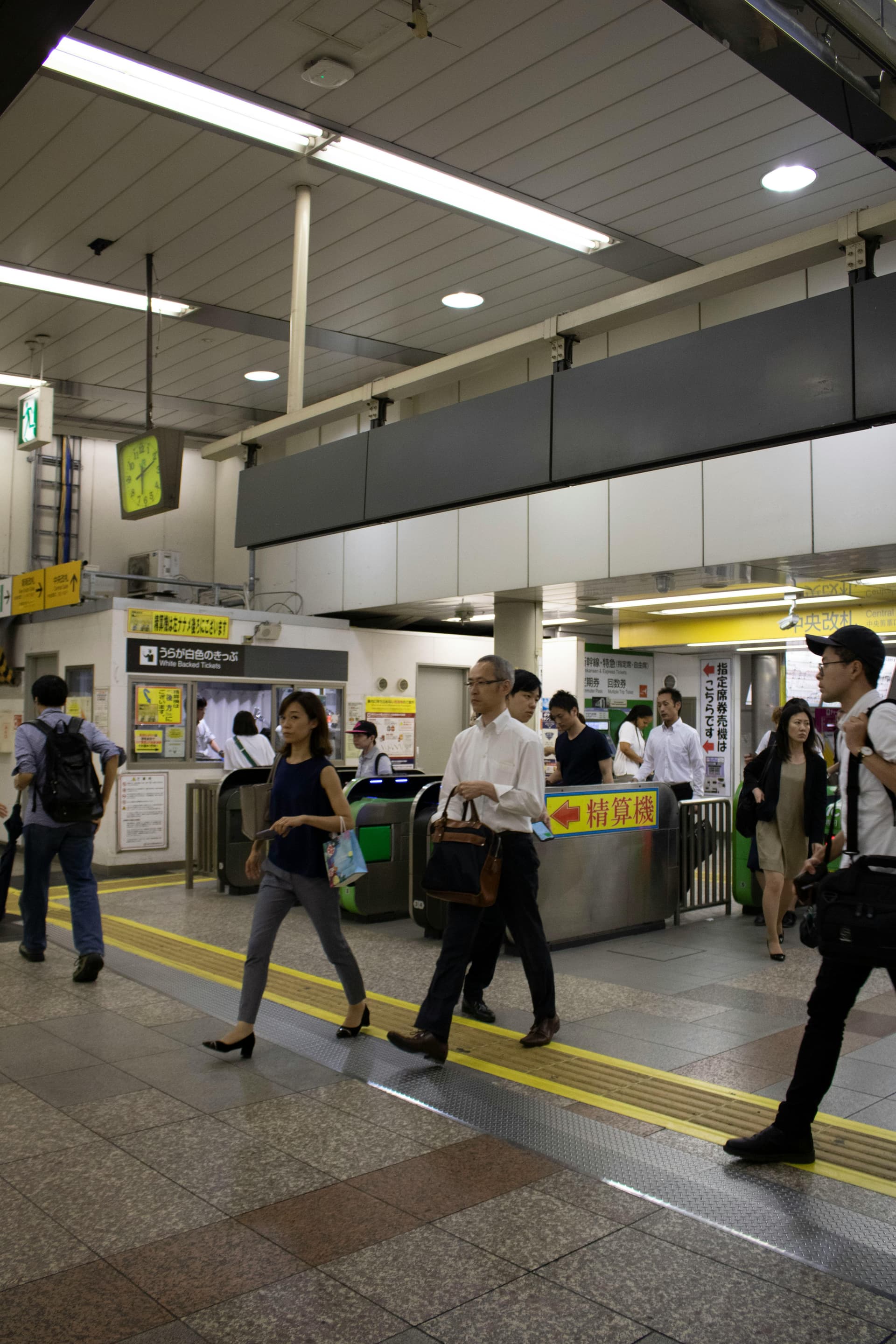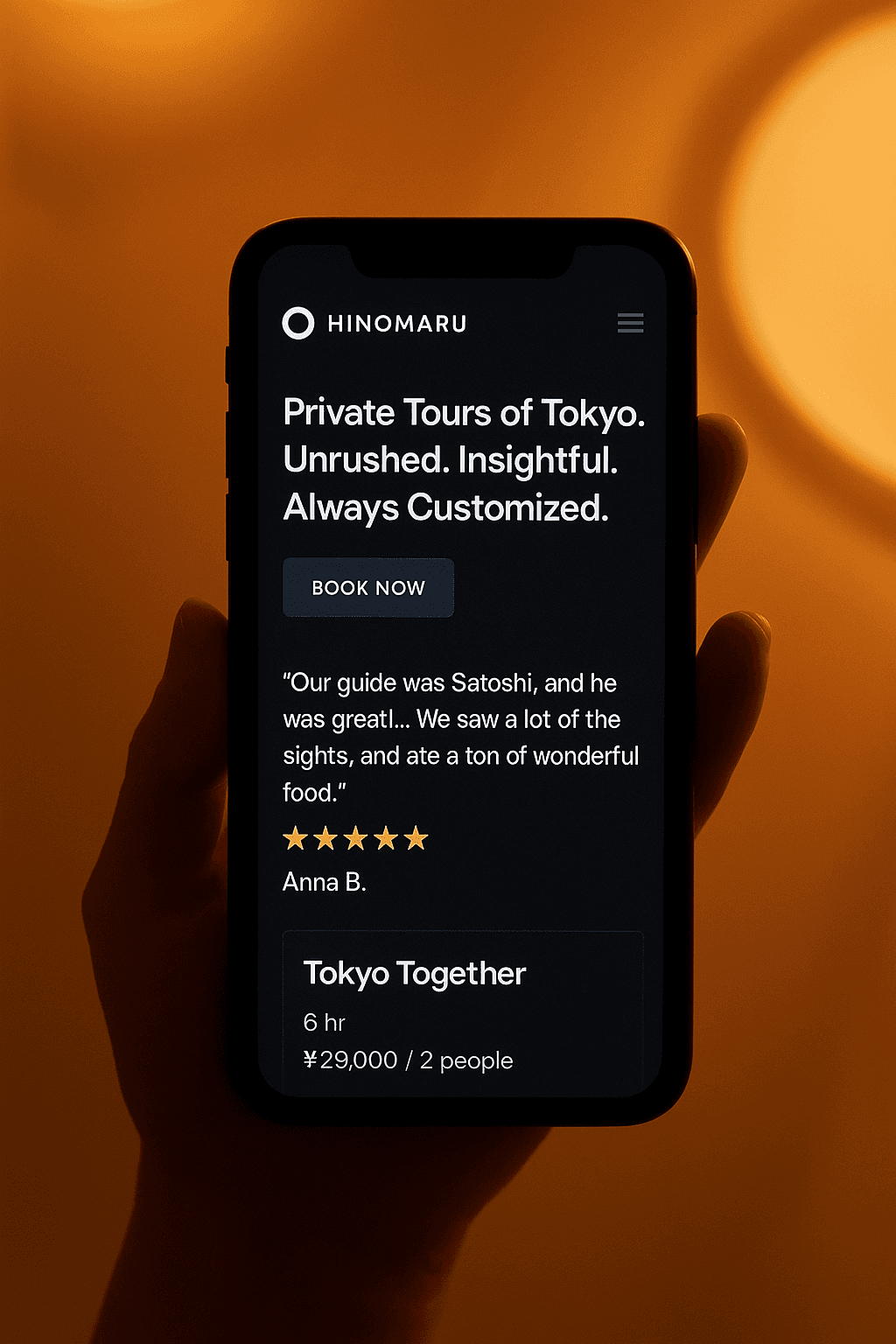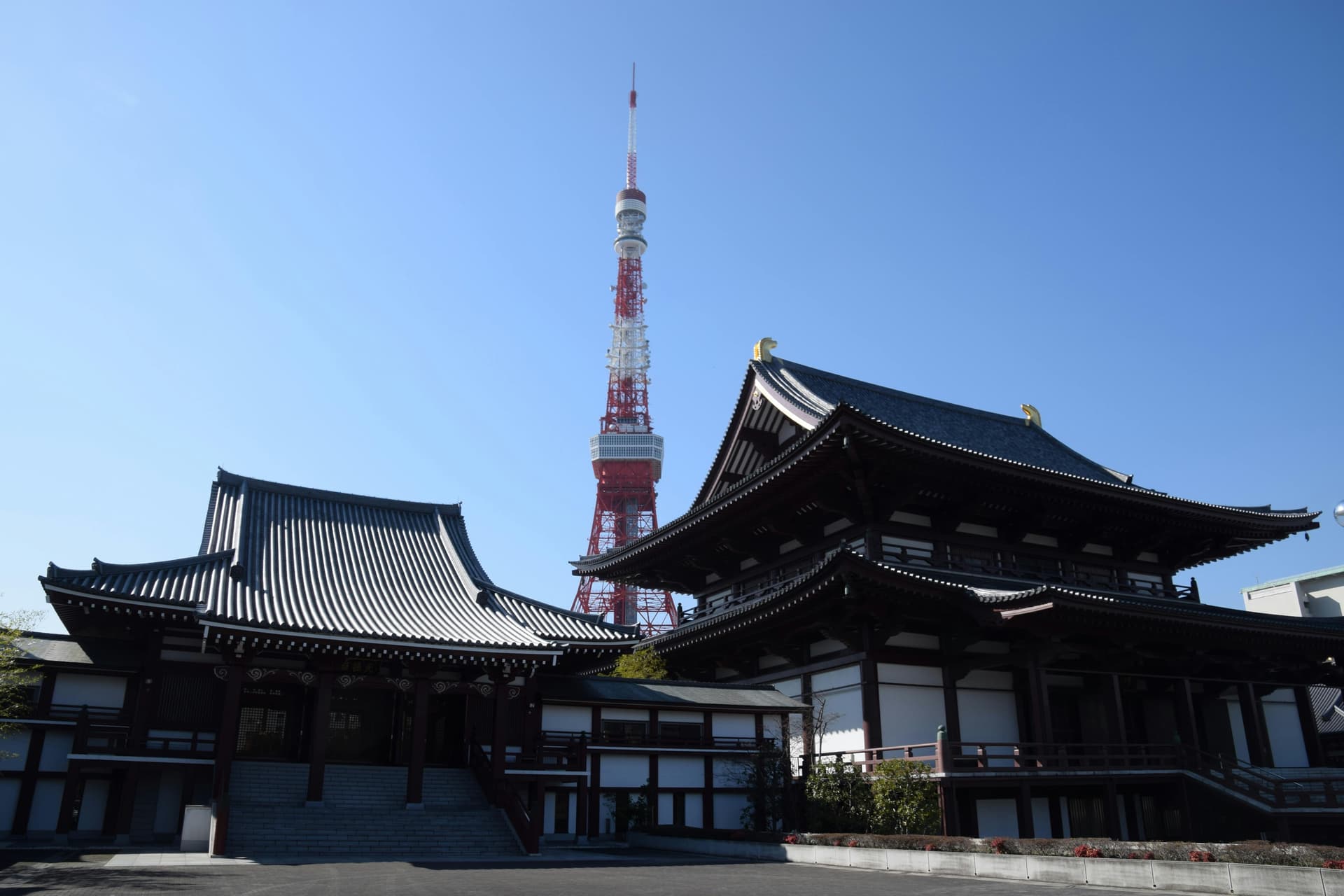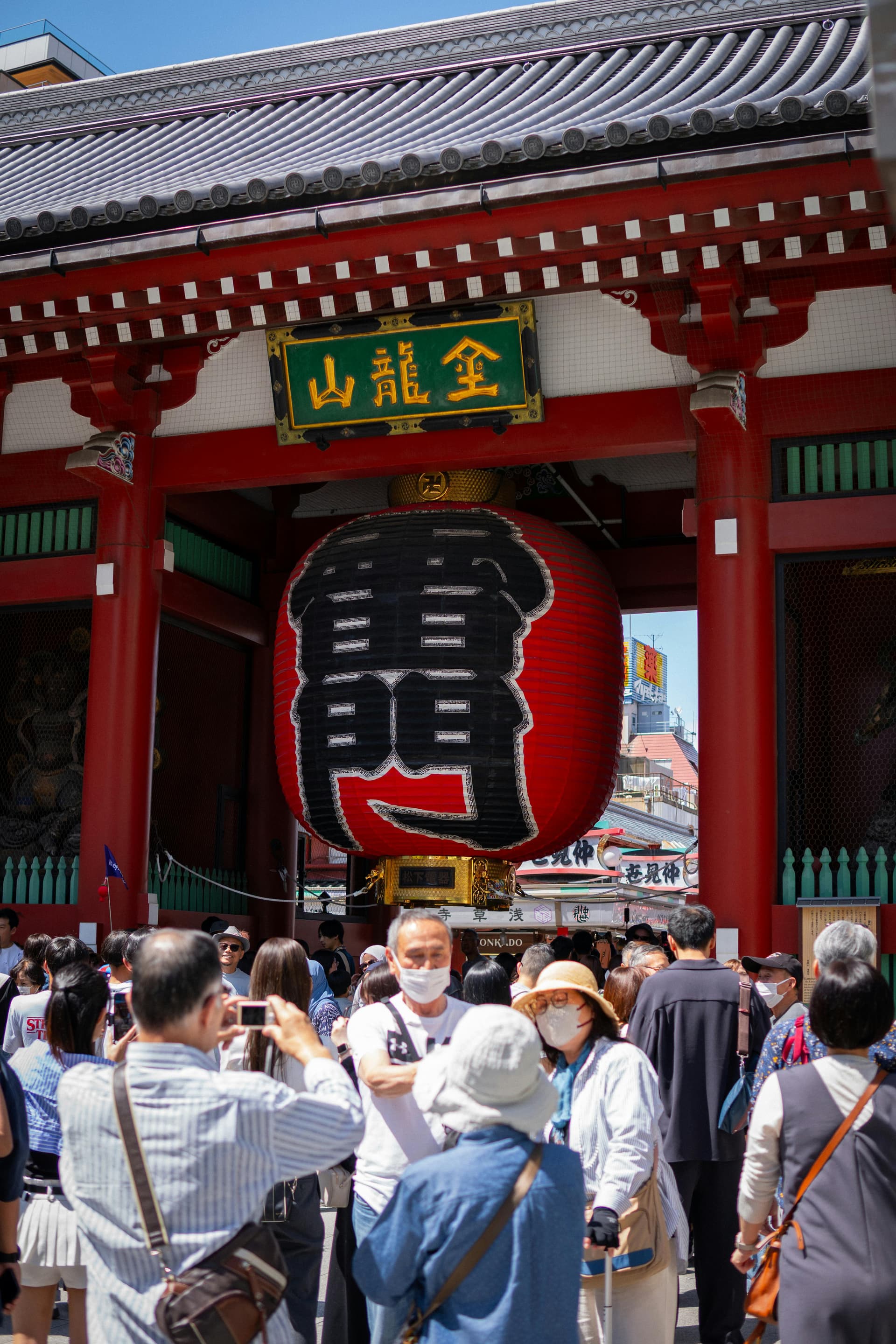The question isn't whether your guide passed Japan's licensing exam. It's whether they can communicate, engage, and adapt—skills the exam doesn't test.
The licensed vs unlicensed tour guides debate usually focuses on the wrong thing: the exam tests factual recall, not storytelling or personality. Passing it and giving a great tour require entirely different skills.
The English proficiency threshold for Japan's national guide license corresponds to CEFR B1-B2—roughly what Japanese high schoolers target for university entrance. The exam is genuinely difficult: fewer than one in five candidates pass. But it tests geographic trivia, historical dates, and tourism regulations—not storytelling, personality, or whether you'll enjoy spending eight hours together.
B1-B2 Isn't Fluent
What B1-B2 Actually Means
Japan's National Government Licensed Guide Interpreter exam requires Eiken Grade 2 English proficiency. That's CEFR B1-B2—upper intermediate. It's enough to write a letter, follow a presentation, or explain basic information with prepared notes. It's not the "advanced foreign language skills" that official marketing suggests.
B1-B2 allows a guide to deliver a scripted explanation of Senso-ji Temple's history. It doesn't guarantee they can field unexpected questions, adapt to your specific interests, or hold a natural conversation when the script runs out.
The Script vs. Conversation Problem
The gap between scripted competency and conversational fluency matters more than most travelers expect. Industry observers note that many guides "simply recite memorized facts or struggle with spontaneous conversation."
This doesn't mean all licensed guides have limited English. Some are fluent—they exceed the requirement. But the credential itself doesn't prove fluency. It proves you cleared an upper-intermediate threshold. For more on evaluating English-speaking guides in Tokyo, we cover the range of skills and what to look for.
What the Exam Actually Tests
Geography, History, Regulations
The National Government Licensed Guide Interpreter exam covers six subjects:
-
Foreign language proficiency (in your chosen language)
-
Japanese geography
-
Japanese history
-
Japanese culture (general knowledge)
-
Tourism industry regulations
-
Relevant laws and guiding practices
All sections except the foreign language portion are administered in Japanese. This creates a significant barrier for non-Japanese candidates—regardless of how deeply they know Tokyo or how fluently they speak English.
Sample Question: Capital Cities in 743 AD
An actual exam question from the history section:
"In 743, Emperor Shōmu issued the imperial edict to construct the Great Buddha. Which was the capital city at that time? ① Heijō-kyō ② Naniwa Palace ③ Kuni-kyō ④ Shigaraki Palace"
This tests whether you memorized that the capital was Kuni-kyō in 743. It doesn't test whether you can make this information interesting to a twelve-year-old or a first-time visitor who just wants to understand what they're looking at.
What's Missing from the Test
A written exam can test what you know. It can't test how you communicate it.
The exam has no practical component—no mock tour, no interaction with travelers, no assessment of how you handle a family with jet-lagged children or a couple who just want restaurant recommendations. You can pass with perfect scores and have zero experience leading anyone anywhere.
What Travelers Actually Say
The Complaints: Memorized Facts and Stiff Delivery
The most common complaints about tour guides—licensed or unlicensed—center on exactly the skills the exam doesn't test.
Travelers describe guides who "just recite memorized history lessons." They report experiences where "the expensive guides seem stiff and boring" while volunteer guides at the same sites are "sweet and personable." One reviewer noted their guide "could not answer questions" beyond the prepared script.
These complaints appear in reviews of both licensed and unlicensed guides. The credential doesn't predict which experience you'll get.
The Praise: "Like Exploring with a Friend"
When travelers describe great tour experiences, they mention personality, warmth, and adaptability—not credentials. The phrase "like exploring with a friend" appears across platforms.
Praised guides are "personable," "warm," and able to adapt "to our needs." Travelers remember guides who shared personal stories, adjusted pacing when energy flagged, and made unexpected recommendations based on the conversation.
What travelers never mention in positive reviews: whether their guide passed a government exam
The 2018 Law Change
What Changed
Until 2018, providing paid tour guiding services to foreign visitors without the National Government Licensed Guide Interpreter certification was technically illegal—though rarely enforced.
In 2018, the Japan Tourism Agency revised the law. Paid guiding is now legal without a license. The change recognized that the licensing system was creating barriers without guaranteeing quality experiences.
What the Title Restriction Actually Means
The license still carries one legal protection: only certified guides can use the title "通訳案内士" (Tsūyaku Annai-shi) in Japanese. Unlicensed guides are also prohibited from using certain terminology that might suggest official certification, including "Interpreter Guide" and government-related titles like "Government certified guide."
This is a title restriction, not an activity restriction. Unlicensed guides can provide the same services—they just can't claim the official credential they don't have.
Major Tokyo tourist sites do not require guides to be licensed for entry or access. Temples, museums, and general destinations are open to guides regardless of licensing status.
Site Access: Where License Status Actually Matters (And Doesn't)
| Site Type | License Required? | Notes |
|---|---|---|
| Temples and shrines | No | Sensoji, Meiji Shrine, Asakusa—all open to any guide |
| Museums | No | Tokyo National Museum, teamLab, Mori Art Museum—no restrictions |
| Gardens | No | Shinjuku Gyoen, Rikugien, Hamarikyu—public admission |
| Imperial Palace East Gardens | No | Free, open to public and guides |
| Imperial Palace inner grounds | No (but limited)* | Guided tours by Imperial Household Agency only—your guide waits outside |
| Government buildings | Varies | Diet Building tours are self-guided; no private guides inside |
| Private venues/restaurants | No | Licensing irrelevant; relationship and reservation access matters |
*The Imperial Palace inner grounds run free guided tours operated by the Imperial Household Agency. You can join these with or without a private guide, but your private guide cannot lead you inside—they wait at the meeting point. This isn't about licensing; it's about controlled access to an active imperial residence.
The practical reality: In Tokyo, no tourist site requires a licensed guide for entry. The licensing system's original purpose (ensuring quality interpretation at national heritage sites) has been superseded by site-specific audio guides, signage, and official tour programs.
Where license status might matter outside Tokyo:
- Some Kyoto heritage sites historically preferred licensed guides for group access
- Certain cultural programs (formal tea ceremony instruction) may verify credentials
- Very few situations in practice
For Tokyo touring specifically, license status has zero impact on where you can go or what you can see.
The Floor, Not the Ceiling
The license proves you passed a genuinely difficult exam. Pass rates range from 9% to 21% depending on the year and language. For English, rates fall between 16% and 24%.
But passing an exam and giving a great tour require different skills:
| What the License Proves | What It Doesn't Prove |
|---|---|
| Baseline knowledge of Japanese geography, history, and culture | Storytelling ability or engaging delivery |
| B1-B2 foreign language proficiency | Personality, warmth, or humor |
| Familiarity with tourism regulations | Pacing and reading the room |
| Ability to prepare for and pass a standardized test | Deep knowledge of specific neighborhoods |
| Adaptability when plans change | |
| Experience with families, seniors, or other traveler types | |
| That you've guided anyone recently—or ever |
Only 20-30% of registered licensed guides are actively working as tour guides. The licensed guide population skews older—many pursue certification as a second career or retirement pursuit rather than a current practice.
The license is a floor. Many excellent guides exceed it without the paper. Many licensed guides never grow beyond it.
The Matching Problem
The Real Risk
The question "licensed or unlicensed?" assumes licensing status is the relevant filter. It's not.
The real risk in booking a tour is not knowing who you're getting. Marketplace platforms and tour aggregators assign guides after payment. You pick a date, pay, and wait to learn which guide shows up.
Travelers describe this as a "lottery"—you don't know what kind of guide you'll get until they arrive. Whether that mystery guide is licensed matters far less than whether you could evaluate them before committing.
What Actually Protects You
Knowing your guide before you book protects you. Credential status doesn't.
This means:
-
Seeing specific guide profiles, not just company descriptions
-
Watching video of guides speaking and interacting
-
Reading reviews mentioning specific guides by name
-
Having direct contact before committing
The operators who hide their guides behind booking walls create risk. The operators who show you exactly who you're getting reduce it. Licensing status is irrelevant to this structural difference. Understanding what tour guide pricing actually includes helps you compare what you're paying for.
Questions That Actually Matter
Skip "is your guide licensed?" Ask these instead:
About the Guide
-
Can I see who I'm getting before I book?
-
How long has this specific guide lived in Tokyo?
-
What neighborhoods does this guide know deeply?
-
Does this guide have experience with [families/seniors/photographers/etc.]?
-
Can I see video of this guide speaking?
About the Booking Process
-
Will I know my guide's name before I pay?
-
What if my assigned guide doesn't feel like a good fit?
-
How do you match guides to guests?
-
Is there a waitlist situation where I might get reassigned?
About Accountability
-
What happens if I'm not satisfied with my tour?
-
How do I reach you during the tour if something goes wrong?
-
Do you have reviews mentioning specific guides?
Video content tells you more in thirty seconds than any credential. A guide's on-camera presence reveals personality, fluency, and energy level—the things that matter. For a complete framework, see our 10 questions to ask before booking a Tokyo private tour.
The Pricing Reality
Licensed guides often charge more, but licensing doesn't explain the full price range you'll encounter.
What Drives Pricing
| Factor | Impact on Price | More Relevant Than License? |
|---|---|---|
| Experience (years guiding) | +20-50% for 5+ years | Yes—experience correlates with quality |
| Platform fees | +20-30% on marketplaces | Yes—same guide costs less direct |
| Operator overhead | +15-25% for curated services | Depends on value of curation |
| Specialization | +10-30% for niche expertise | Yes—food, architecture, photography experts command premiums |
| National license | +10-20% premium typical | Sometimes—but not consistently |
A licensed guide on GoWithGuide might charge $300/day. An unlicensed guide through a specialist operator might charge $500. The difference isn't the license—it's the operator's curation, backup support, and quality guarantee.
Price Ranges by Guide Type
| Guide Type | Typical Full-Day Rate | What You're Paying For |
|---|---|---|
| Freelance (newer, unlicensed) | $150-250 | Lower experience, building portfolio |
| Freelance (experienced, unlicensed) | $250-400 | Experience and reviews, no credential premium |
| Licensed (marketplace) | $300-500 | Credential + experience, marketplace fees |
| Operator-curated (mixed credentials) | $400-700 | Vetting, backup, customer service, guarantee |
| Premium specialist | $500-900 | Deep expertise, exclusive access, luxury positioning |
The licensed guide at $350 and the unlicensed guide at $350 might deliver identical experiences. Or the $500 unlicensed guide through a reputable operator might outperform the $350 licensed freelancer. Licensing is one signal among many—and not the most predictive.
The Real Question
Instead of "licensed or unlicensed?", ask: "What am I getting for this price?"
A $200 tour might be a great deal from an experienced guide with low overhead. Or it might be a new guide who can't yet command higher rates. A $600 tour might include luxury positioning you don't need—or might reflect genuine expertise and access worth every dollar.
Reviews, video, and pre-booking communication tell you more than credential status or price alone. See our pricing guide for full market context.
Frequently Asked Questions
Does my guide need to be licensed?
Not legally. Japan allows unlicensed guiding, and many excellent guides operate without the national certification. The license tests Japanese history and geography knowledge but doesn't measure interpersonal skills, cultural interpretation ability, or tour design expertise.
What does a tour guide license actually mean?
Japan's national guide-interpreter license (全国通訳案内士) tests knowledge of Japanese history, geography, and the ability to interpret between Japanese and another language. It's rigorous academically. What it doesn't test: ability to read client energy, design engaging itineraries, or handle unexpected situations.
Are licensed guides better?
Not automatically. Licensed guides passed an exam; unlicensed guides might have decades of experience, deep local connections, or specialized expertise the exam doesn't measure. The license is one signal—read reviews, watch videos, and evaluate pre-tour communication instead.
Why do some operators only use licensed guides?
It's a marketing position—"our guides are certified" sounds reassuring. For some travelers, credentials matter. But operators who hire based on certification alone may miss excellent guides who never bothered with the exam.
How do I evaluate a guide without relying on license status?
Look for: consistent positive reviews across platforms, video content showing personality and communication style, responsive pre-booking communication, willingness to discuss customization, and clear explanation of what's included. These signals predict experience quality better than credential status.
Where Hinomaru One Fits
You see your guide's profile when you book—video, background, personality. . No mystery assignment after payment. You know exactly who's spending the day with you, and a satisfaction guarantee backs every experience. See how this works with Tokyo Essentials.
At Hinomaru One, we design culturally rich, stress-free private Tokyo tours for first-time and seasoned travelers. Unrushed. Insightful. Always customized.

